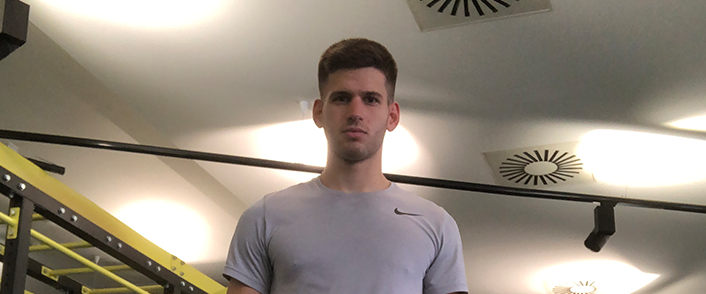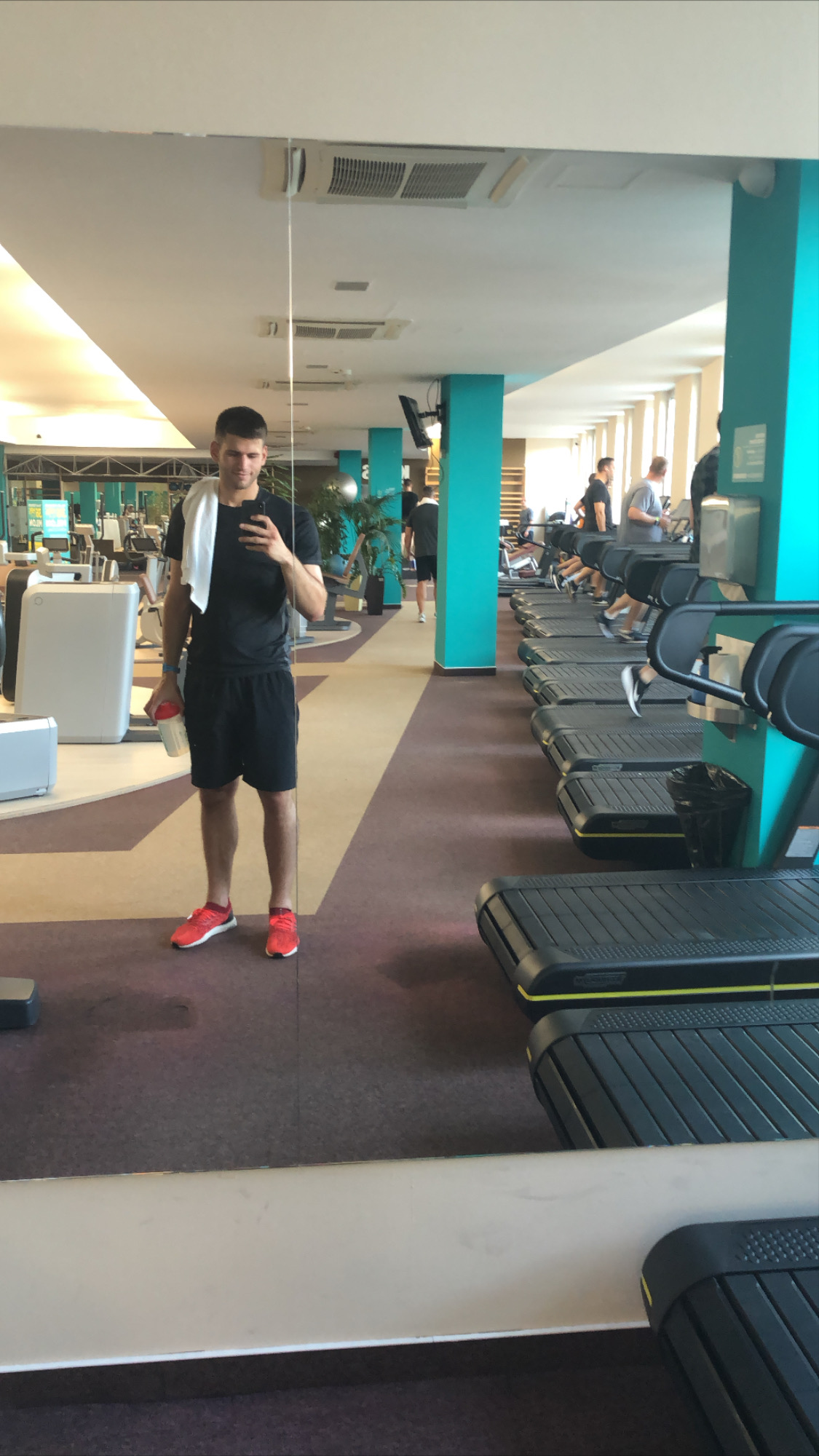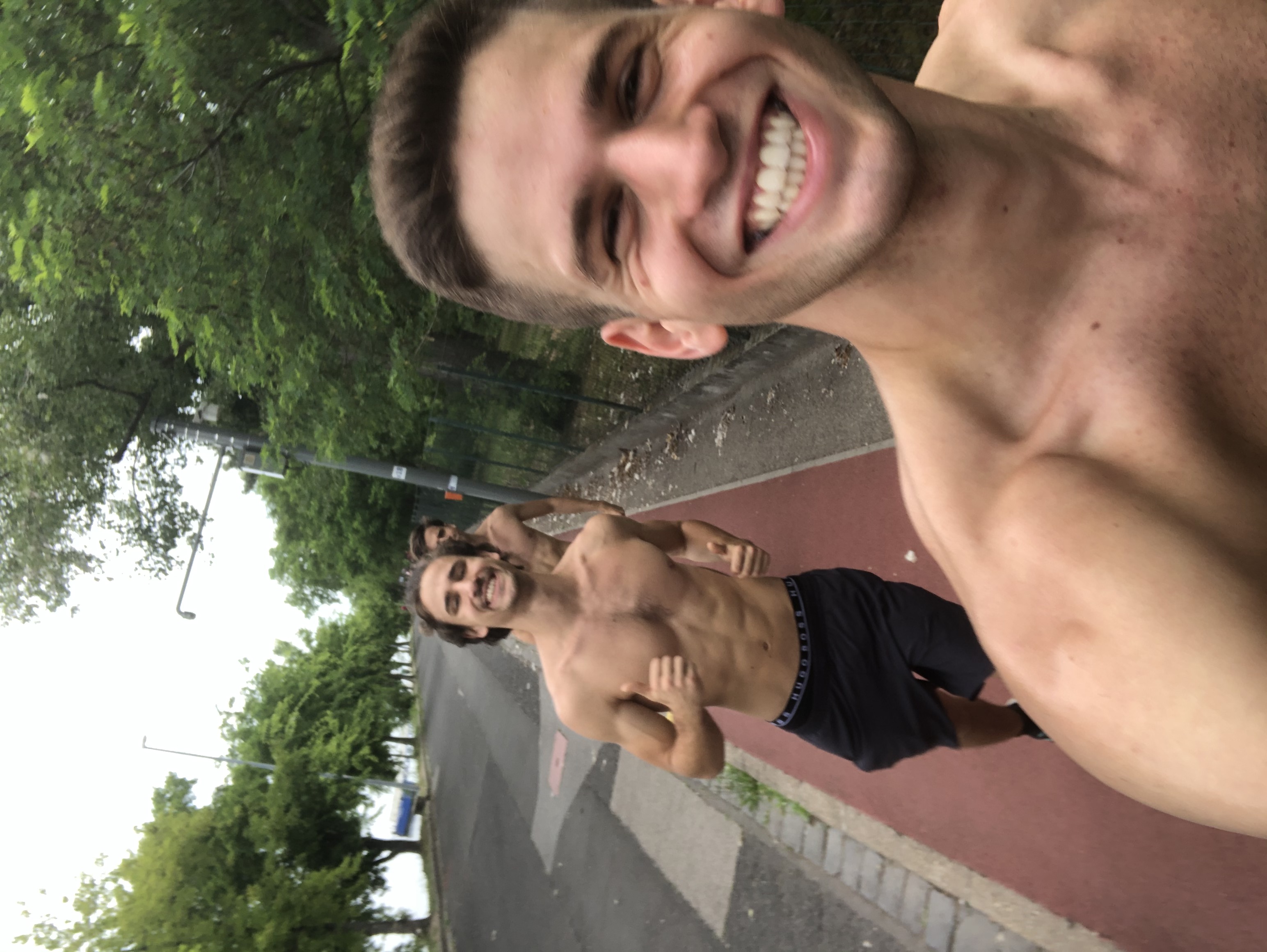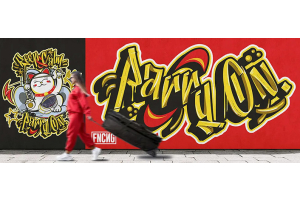
Gergő Siklósi - Fitness Training
How many strength and conditioning sessions do you have a week?
During the competitive season, I normally have three conditioning sessions each week. However, military service and the breaks disrupted my schedule lately, so I was happy if I could squeeze in two sessions per week, weekends included. Since July 20, I’ve started getting back to my normal routine with one strength or cardio workout each day.
Do you have a dedicated fitness coach?
Yes, I train with Zsolt Kürtösi, a decathlete who has competed in both summer and winter Olympics. We mostly focus on skills but don’t skimp on strength training, either. In the past two years, he has helped me improve a lot, especially in terms of my physical conditioning.


What do you like the most and the least about strength and conditioning training?
Warm-up running is not exactly my favorite. It’s quite difficult for me to get started, maybe because it takes longer for me to warm up and I have to run more because of that. The best part for me is the intense training, followed by stretching.
What are your strengths and weaknesses in training?
I tire easily and I’m also prone to injuries. So I have to pay special attention to doing the exercises correctly and make sure not to overwork myself. Being mindful of my limits is a key part of my training. As for my strengths, I’m always on the lookout for new fencing techniques to adopt so I can get better and better. Plus, I have a firm grasp of what each type of exercise improves.
What tools do you use, if any (e.g. kettlebell, power band etc.)?
It depends on which level of preparation I’m at, but buoys, TRX, kettlebells, weight bars and resistance bands of different resistance loads are quite common. We pretty much use everything in the gym. Even hurdles sometimes!
What do you do to prevent injuries?
I try my best to do the drills as recommended. I also try to understand the anatomical reasons why I’m doing them wrong and what I need to focus on in general. The coach’s instructions help a lot to get them right even when I’m training on my own.
Have you ever had a serious injury or operation?
I’ve injured my wrist due to straining. I didn’t know my limits back then – or that constant pain is a sign that something’s wrong in my body, which will have a consequence sooner or later. I made a mistake not stretching my forearms and not noticing the problem after training. Since then, I’ve paid close attention to even the slightest pain and tried to address it immediately.
How important do you think is physical fitness for fencers nowadays and before? Has this changed a lot? How dominant is it in fencing?
I think physical fitness is key in modern fencing and you can’t succeed without outstanding physical endurance and speed. That said, competitive seasons are long and we have to stay healthy throughout them. One injury can ruin the entire Olympic cycle. This is why I’m a firm believer in preventive physiotherapy and see a physiotherapist three several times a week. Success depends on so many things, and it’s best to control as many as you can.







